Did you lose weight recently?
Advertisement - Scroll to continue
Do you get frequent headaches?
Do you have hot flashes?
Do you have acne?
Do you experience muscle weakness?
Are you tired a lot?
Advertisement - Scroll to continue
Do you struggle with falling asleep at night?
Did you notice a loss of muscle mass?
Do you experience depression or anxiety?
Do you often feel dizzy or lightheaded?
Do you have joint pain?
Advertisement - Scroll to continue
Are you thirsty a lot?
Do you have dry skin?
Do you feel tired even after getting a full night's sleep?
Are you sensitive to cold?
Do you have low libido?
Advertisement - Scroll to continue
Do you experience irritability?
Do you have high blood sugar?
Do you tend to gain weight?
Do you have fat around the abdomen?

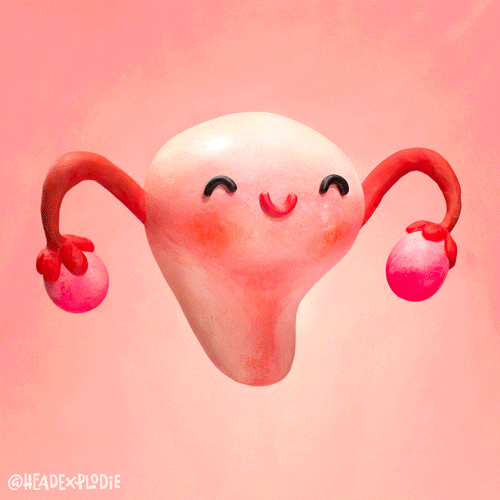

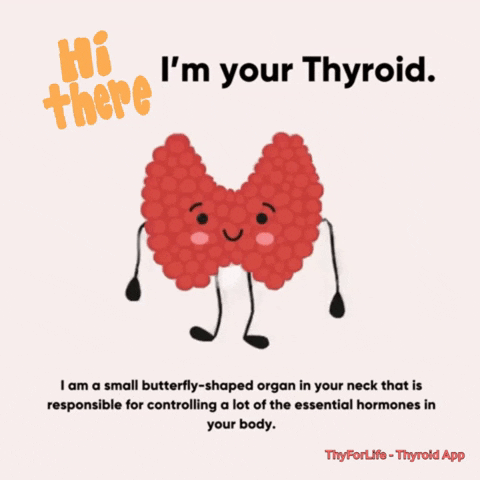
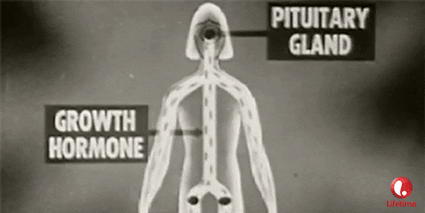
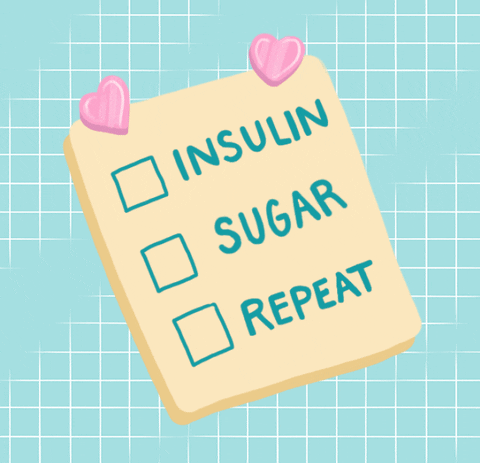
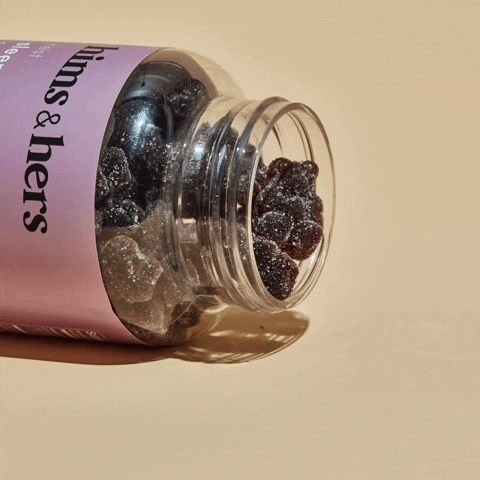
You’re probably aware that hormones have a serious influence on our bodies. These chemical messengers travel through our bloodstream and tell the cells what to do. However, are you aware how many types of hormones are there? Identify your hormone type to combat hormonal imbalances! Go on and take the hormone type quiz!
What Are Hormones?
Hormones are biochemical substances that coordinate different functions of the body. They are produced by specific organs and tissues and then released into the blood or other bodily fluids.
Hormones carry messages throughout the blood to specific cells and organs and help them do their work. They regulate various biological activities, including metabolism, homeostasis, growth, development, and sexual activity.
Types Of Hormones
Every hormone has a specific function in the body. In this paragraph, we will examine the primary human hormones and the roles they play.
Serotonin
Serotonin is referred to as the “happiness hormone” because it regulates our emotions. High levels of serotonin mean relaxation, stability, and satisfaction. Serotonin is also responsible for controlling appetite, digestion, body temperature, and muscle functions.
If you’re susceptible to depressive episodes, try natural ways to increase your serotonin levels, like getting sun exposure, increasing your intake of Magnesium, exercising, and maintaining a healthy diet. Additionally, studies have shown that receiving a massage can decrease your stress. Speaking of which…
Cortisol
We also call cortisol a stress hormone. Adrenal glands produce cortisol when you’re in distress. It helps you get out of challenging circumstances. However, high levels of cortisol cause issues like anxiety, irritability, heart problems, insomnia, headaches, and struggle with weight intake.
Check your BMI with this BMI calculator!
Adrenaline
Adrenaline increases your heart rate and suppresses non-vital processes in the body to prepare for dealing with the danger. Adrenaline also increases sugar levels, so you would have enough energy to either fight or flee from the stressors.
Testosterone
Testosterone is responsible for the body’s sex drive, muscle growth and density, fat distribution, and the production of blood cells. It also gives the males their typical characteristics. Women produce testosterone as well, though at lower levels. Low testosterone levels in men can lead to diminished sex drive, decreased sperm count, erectile dysfunction, muscle mass loss, and breast tissue swelling.
Too high testosterone levels in men can cause irritability, aggression, and skin breakouts. Too much testosterone in women might result in hair thinning, irregular menstruation, decreased libido, and reduced breast size.
Discover if you have anger issues!
Estrogen
Estrogen is testosterone’s female counterpart. Its function is to regulate menstruation, menopause, reproduction, and libido. It also gives females of the species their characteristics, just like testosterone does to males.
Too low estrogen levels might cause fatigue, depression, and hair loss. Women who have hot flashes, sleep issues, and diminished sexual drive may be experiencing an estrogen deficiency, which contributes to menopause.
Human body is fascinating. Let’s see how much you know about it.
Insulin
Insulin transforms the glucose from the food we eat into usable energy. People with diabetes experience issues since their bodies can’t consistently turn food into energy due to improper insulin intake regulation.
When extra insulin is released, it can cause a drop in blood sugar. Low blood sugar might be dangerous, especially with high cortisol levels.
Human Growth Hormone
HGH regulates growth and production of cells. It’s vital during childhood because it helps children grow to a healthy size. Some people believe that human growth hormone injections will keep them youthful and slow the aging process. All the same, experts believe these claims are baseless.
Melatonin
Melatonin release depends on the time of day and night as well as the season, which significantly affects the functioning of the so-called biological clock. As light levels decrease, your body creates higher levels of melatonin, making it easier to fall asleep.
Nowadays, prolonged exposure to blue-light screens from our electronic devices can make melatonin production difficult. It tricks our brains into thinking it’s the day, causing them to release less melatonin.
Dopamine
Dopamine makes you feel happy. It can increase heart rate and blood pressure and is involved in many bodily functions like memory, motivation, attention, and movement.
Hormone Type Quiz
Here is our hormone type quiz explained. It’s a series of questions relating to your health. They aim to uncover hormonal deficiencies in your body. Identify your issues with the help of this hormone type quiz.
Before you dive into the hormone type quiz, let’s see how healthy you are!
Hormones have an impact on your health! Discover your hormonal deficits with our hormone type quiz.
